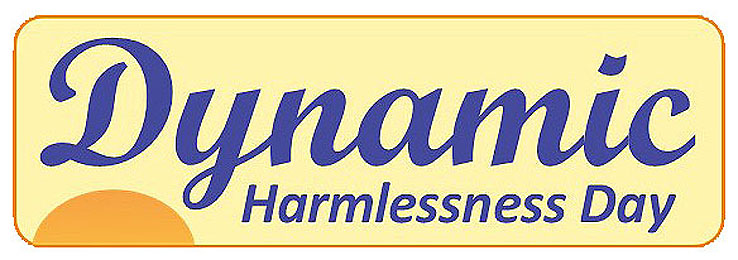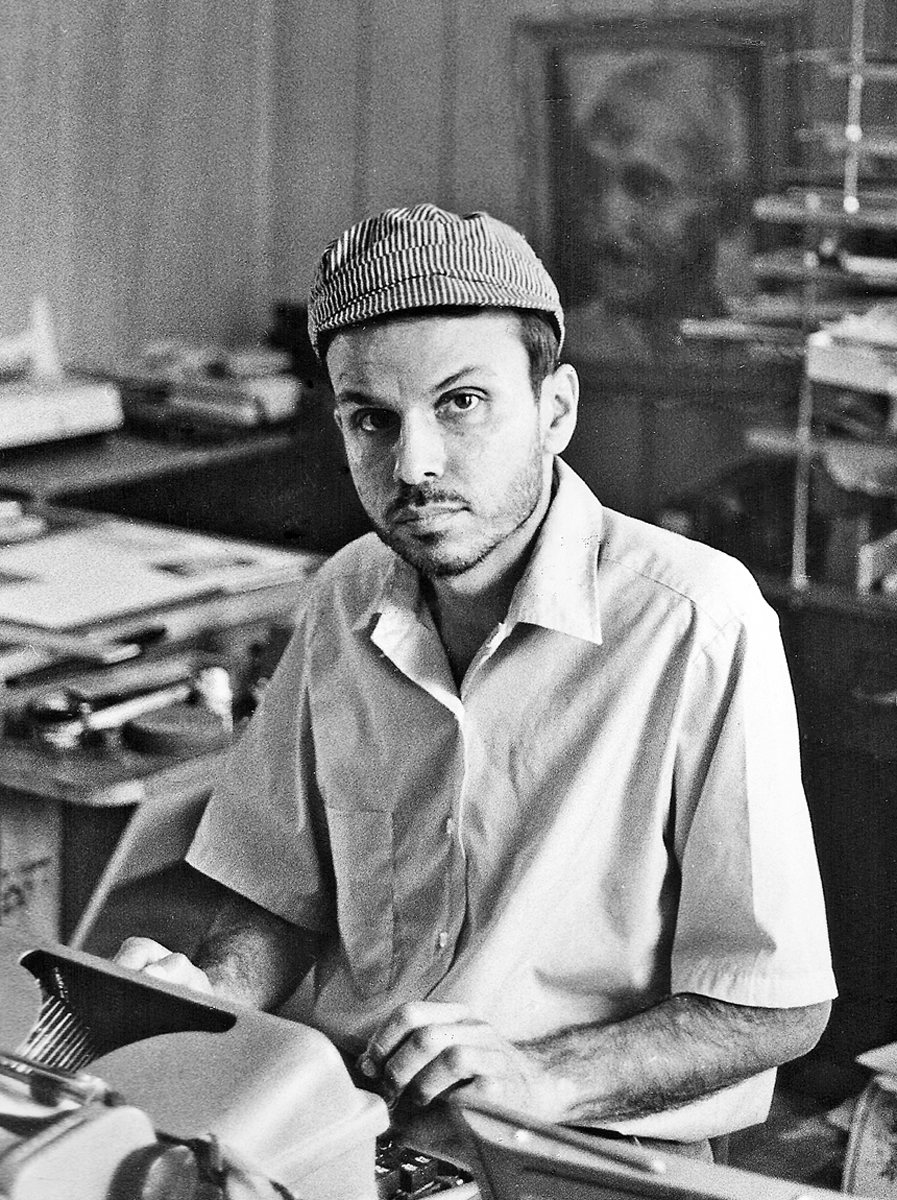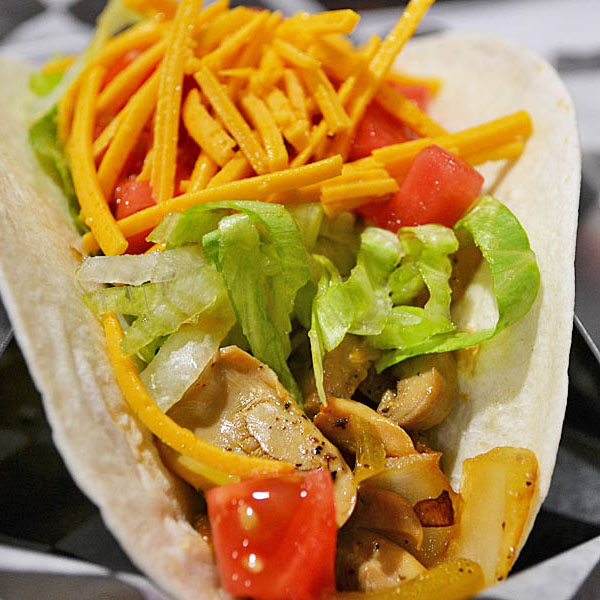Ahimsa lights the way

Celebrate the powerful message of H. Jay Dinshah (1933-2000) on his birthday, November 2, and all year. Dynamic Harmlessness is simply: “Do the most good and the least harm.”
November 2 is the day after World Vegan Day. After learning how to eat a variety of plant foods and not use any animal products, the next step is to learn about applying ahimsa (nonharming) in our daily lives while taking positive action.
Learn about the life and work of H. Jay Dinshah, founder of American Vegan Society and coauthor of Powerful Vegan Messages. One person can make a big difference. Be inspired to make a difference utilizing dynamic harmlessness.
Dynamic Harmlessness Day brings awareness to the concept Jay promoted that should be encouraged and practiced every day by everyone. Veganism is just one of the many facets of dynamic harmlessness.
Remember to use the hashtags #DynamicHarmlessnessDay and #DynamicHarmlessness.

Dynamic Harmlessness defined
Ahimsa is a Sanskrit term that literally means nonharming. Until the twentieth century it was considered mainly, if not entirely, in its negative, or “thou shalt not,” aspect. Mahatma Gandhi stressed the positive aspect of constructive loving action.
Today we consider it in its fullest positive aspects as well as negative and explain it as “dynamic harmlessness.” It means to go through life doing the least amount of harm, hurting, killing, as possible; and it means to do the most amount of helping, assisting, and benefiting of others as possible.
So you see that ahimsa has two sides to it, one negative and one positive, to be understood and practiced together, in balance. This can help us determine what we should not do and what we should.
-H. Jay Dinshah, Powerful Vegan Messages
Projects Anyone Can Do
Especially Students
Let AVS know what you do so your actions will inspire others.

Celebrate the Day
Encourage your school or workplace to celebrate Dynamic Harmlessness Day. Talk with your principal; superintendent; teachers especially of history, social studies, philosophy, or ethics; and community leaders. Discuss possible ways to increase awareness and celebrate dynamic harmlessness.

Art as Ahimsa
Paint a picture that illustrates dynamic harmlessness in the world.

Write
Select a quote from H. Jay Dinshah and write about what it means to you or ways to exhibit dynamic harmlessness in one’s actions. Offer to share it at a school or enter an essay contest.

Read and Share
Read Powerful Vegan Messages and write a book review or discuss it in a book club.

Community Project
Organize a project that demonstrates “do the least harm and the most good” in your community. Do something to help people, animals, and/or the environment. Be sure to publicize the event to local media beforehand; after the event report on its success.

Video
Make a video about dynamic harmlessness.

Event
Organize any vegan event on Dynamic Harmlessness Day and shine light on the importance of celebrating this concept every day.

Enviro-ride
Ride your bicycle to school or work.

Eat Your Values
Buy local organic (veganic preferred) produce or grow your own.

Go Vegan!
You are at the right website for information.
Project Ideas Originally
from H. Jay Dinshah
There are so many worthy projects and endeavors that fulfill certain facets of the ahimsa ideal, such as:

Help with Health
Help people live more naturally and healthfully. This takes in a great deal of territory, including simplification of needs and wants, proper diet, growing of better foods without chemical fertilizers and pesticides; the correct use of exercise, rest, sunlight, pure air and water, etc.; civic activity to curb pollution of land, air, and water; education to natural means of restoring and maintaining health; cultivating and encouraging proper emotional and mental attitudes.

Collaborate
Publicizing the benefits of meaningful work with more collaboration than competition. Provide beneficial ways to do more good, such as: helping others, coordinating events with a positive ahimsa message, or spreading information about the atrocities of using animal products. These become a fulfilling alignment of one’s work and values.

Improving Spaces
Working for the preservation and protection of wildlife and natural wilderness areas (though not for hunting and fishing purposes) as well as making every attempt to make the cities more livable. Ideas include painting murals over graffiti, picking up litter, planting urban gardens, and organizing neighborhood community activities.

Create the Future
Working for the direct benefit of animals. Volunteer at an animal sanctuary either taking care of animals or doing outreach. On an individual basis, care for the various birds and other animals who may come to you for help in one manner or another.

Teach the Children
If you are good at cooking, offer a kids’ cooking class at a local community organization. Plenty of easy ideas in Apples, Bean Dip, and Carrot Cake: Kids! Teach Yourself to Cook If gardening is your passion, offer to teach kids how to connect with their proper food—plants. If hiking is your thing, lead nature walks and remind people how to appreciate the Earth.

World Peace
Build a foundation of understanding, unity, and empathy, without which there can never be a very successful effort for world peace. Work for understanding and compassion among human beings, including families, states, nations, and races.

Alleviate Misery
Working among the poor and unfortunate, to alleviate human misery in general.

Help Directly or Indirectly
Help can be in the form of actual work performed, services rendered in a direct or indirect manner, material goods donated, funds contributed or bequeathed—though it is more meaningful to be a live giver than a dead one—or talents cheerfully offered. Above all, one does not just live and help: ideally one should live to help.
56 Dinshah Drive, Malaga NJ 08328 856.694.2887
Copyright © 1960-2025
AVS is a registered 501(c)(3) organization, EIN 226058533. All donations made to the American Vegan Society are tax deductible in accordance with applicable law..
